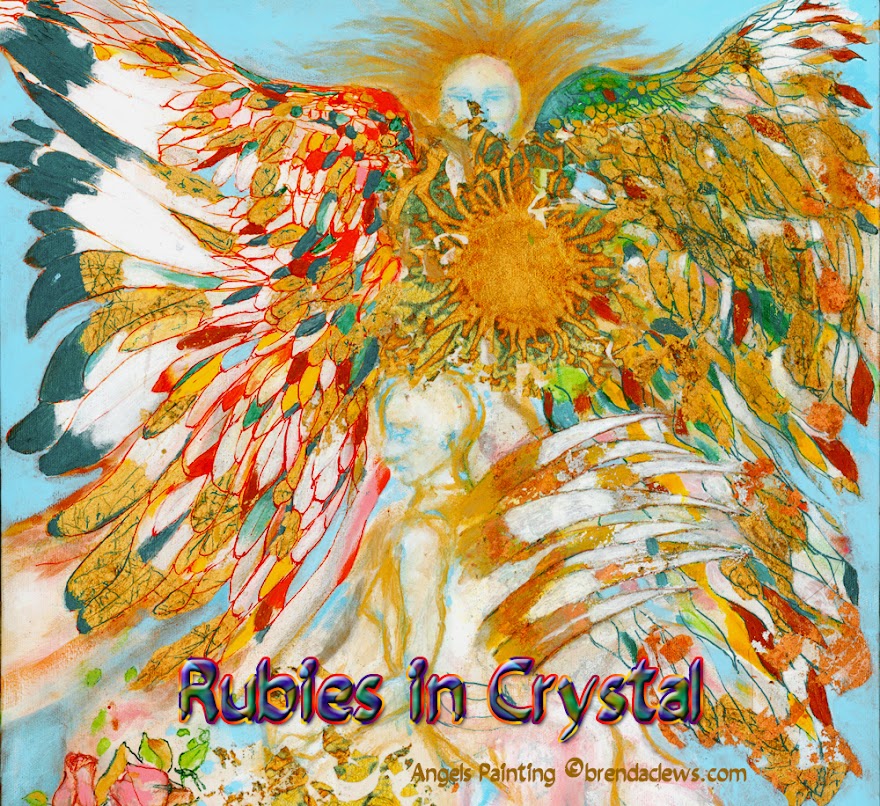Because
Women in Love is a 25 hour recording, and I listen to it every night on my dog walk, the influence of Lawrence's novel will affect my writing. I've never read Lawrence, though I do have
The Plumed Serpent on my shelves, so must have tried. An audio recording, and Sennheiser earbuds, and I enter deep listening mode. The brilliance and beauty of his language marvels me as I walk the dark streets with my dog.
My writing has been compared to Lawrence's, which is far-fetched, surely, and yet I find I am enthralled with his mastery, as a writer, and feel a deep resonance with his work, at least as it is expressed in this novel.
Tonight, listening to Chapter 14 (of 42, I have a ways to go), a passage spoke again of concerns relevant to my
Venus Poems. Birkin and Ursuala are speaking:
‘Do you smell this little marsh?’ he said, sniffing the air. He was very sensitive to scents, and quick in understanding them.
‘It’s rather nice,’ she said. ‘No,’ he replied, ‘alarming.’
‘Why alarming?’ she laughed.
‘It seethes and seethes, a river of darkness,’ he said, ‘putting forth lilies and snakes, and the ignis fatuus, and rolling all the time onward. That’s what we never take into count— that it rolls onwards.’
‘What does?’
‘The other river, the black river. We always consider the silver river of life, rolling on and quickening all the world to a brightness, on and on to heaven, flowing into a bright eternal sea, a heaven of angels thronging. But the other is our real reality—’
‘But what other? I don’t see any other,’ said Ursula.
‘It is your reality, nevertheless,’ he said; ‘that dark river of dissolution. You see it rolls in us just as the other rolls—the black river of corruption. And our flowers are of this—our sea-born Aphrodite, all our white phosphorescent flowers of sensuous perfection, all our reality, nowadays.’
‘You mean that Aphrodite is really deathly?’ asked Ursula.
‘I mean she is the flowering mystery of the death-process, yes,’ he replied. ‘When the stream of synthetic creation lapses, we find ourselves part of the inverse process, the blood of destructive creation. Aphrodite is born in the first spasm of universal dissolution—then the snakes and swans and lotus— marsh-flowers— ... born in the process of destructive creation.’
[Project Gutenberg, an on-line eBook, url to
the page where this passage begins.]
From my
Venus manuscript, this piece:
She Who Came Forth
The Embrace. Their children couldn't emerge into the light. He was heaven and she was earth. Uranus and Gaia, his wife, who he loved and refused to separate from. Creation waited. The embrace was tight, intimate, sensual, blissful, deeply in each other, unending. Cronus, his son, time, cruel time, cut off his genitals and threw them into the sea. Heaven and Earth separated. Out of the foam, Aphrodite was born. Love.
Aphrodite, who she was to the Ancient Greeks, though she was older than that, and linked to Ishtar-Astarte, and probably brought to the Greek islands by Phoenician sailors, Aphrodite, who later became Venus to the Ancient Romans, is one of the world's oldest divinities.
She was born from an act that separated Heaven and Earth. An ancient divinity present at the beginning of time. She Who Came Forth at the birth of the world.
Or, this is Hesiod's version in his Theogony. Aphrodite represents pure and spiritual love. From her foamy birth the Three Graces received her and wrapped her in rich garments and decorated her with gold ornaments.
The Goddess of Love.
Aphrodite Urania, or Celestial Aphrodite.
The Venus Botticelli saw, painted, understood.
And now I understand from Lawrence that her birth from the sea-foam, the sea-sperm of her castrated father, is not just the miraculous birth of love in the world, of poetry, but of death in the world, of dissolution, loss.
Venus' creation out of destruction marks her. For there is also
Venus Pandemos, who, in mythology, is born of Zeus and Dione. She is associated, not with celestial love, like
Venus Urania, but with the body; Venus Pandemos is the common goddess of the people. A goddess of sensuality, of lust. And hence of death, dissolution.
Once again, I find I am laying the groundwork for writing, for continuing with the suite of poems I began a few years ago, without actually writing. Yet this research is of enormous help to me, never-the-less.
And besides, you get to read a few quotes from Lawrence's
Women in Love, which may inspire you to download the audiobook and listen, or the pdf and read it.

















